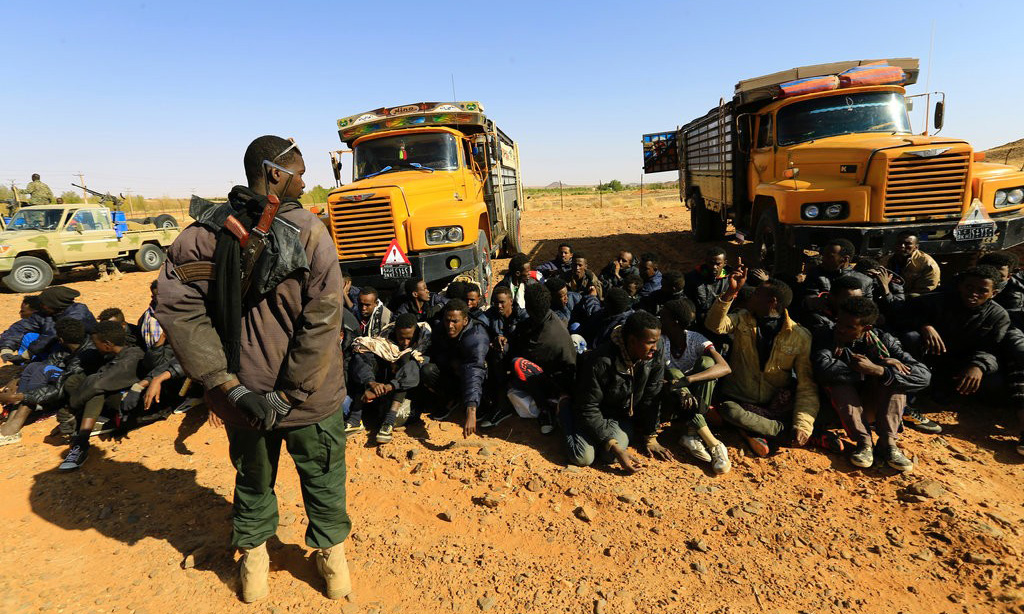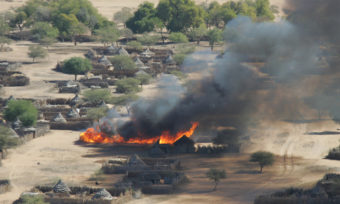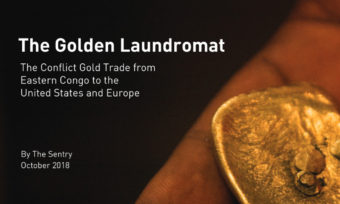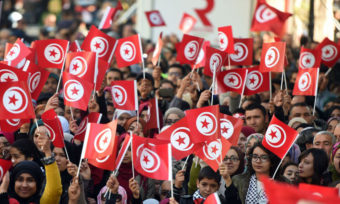We regularly write about the controversal EU bilateral development cooperation with Sudan to stem African migration (read our articles here). Earlier this month, Sudan Tribune published an article: Sudan, EU vow further cooperation to combat illegal migration.
We learn that Sudan’s Foreign Minister El-Dirdeiry Mohamed Ahmed met with the EU Ambassador to Sudan Jean-Michel Dumond. According to a statement issued by the Foreign Ministry, the two sides stressed the need to continue cooperation and dialogue on issues of illegal migration and other joint issues.
This collaboration has many consequences on refugees, 7D News published: A Refugee Story: The Journey from Sudan to Germany. They spoke to young men and women who took the dangerous journey to Europe to understand their motives and the journey at a time of rising anti-refugee sentiment. Ahmed, a Sudanese refugee in Germany tells us about his motives and his journey to Europe, in his own words:
My name is Ahmed, nicknamed Nimiri. I am 24 years old, originally from Nyala in South Darfur, Sudan. I am currently living in Hanover, Germany after I made it to Europe through the Mediterranean. I was admitted to the University of Bahri (located in Khartoum state) in 2012 to the faculty of applied and industrial science. The university witnessed unrest due to the transfer of Sudanese students from the South Sudanese university after South Sudan’s independence. I was active in one of Darfur’s student political groups. In 2014 after the beginning of my second year at university, the administration refused to enrol students from Darfur unless they paid tuition fees; they have been exempt from fees since the signing of the Doha Document for Peace in Darfur in 2011. At the same time the situation in Darfur was not stable, the university administration had warned the students groups — including Darfur Students Association — not to address those issues. A couple of my colleagues were arrested, and our demands were not met.
In another post titled: Getting to Europe Across the Mediterranean – a Sudanese Story, 7D News tells the story of Abdullah Mohammed, a Sudanese teenager and his involvement with human trafficking gangs, after he fell into their hands during his illegal immigration to Libya, from where he had hoped to reach Europe:
I was doing an informal job for minimal pay and I had the idea of immigrating to Europe through Libya. In June 2016, a friend told me about some brokers that work for the smugglers. So I met him and he agreed to smuggle me into Libya in exchange for six thousand Sudanese pounds. We were gathered in an area 100 km north of the Sudanese capital and we stayed there for three days. Then we moved at night, riding in a single vehicle. We were about 80, from Ethiopia and Sudan. After a four-day ride in the Great Desert, we reached the Sudanese border. Then the driver told us that we would sleep in that area, until we were handed to another person who would get us into Libya by dawn.
IRIN recently reported that as the UN’s refugee agency investigates allegations of bribery and corruption in the resettlement process in Sudan, dozens of refugees have told IRIN they’re too fearful to give full details to UNHCR-appointed investigators. They worry about retribution from those they’re making allegations against because of what they say is a lack of protection for witnesses and close links between some local UNHCR staff and Sudanese security officials:
Refugees have told IRIN that since the investigations began, they’ve been intimidated and harassed by some Sudanese staff at the UNHCR office in Khartoum, as well as by state security agents and officials of the Sudanese government’s Commission of Refugees. Refugees say they have been called on the phone or asked to meet with these officials and then been pressured not to testify on pain of having their cases for resettlement closed or losing access to other assistance. The Sudanese Commissioner of Refugees did not respond to multiple requests for comment.
You can read full article on this page.








